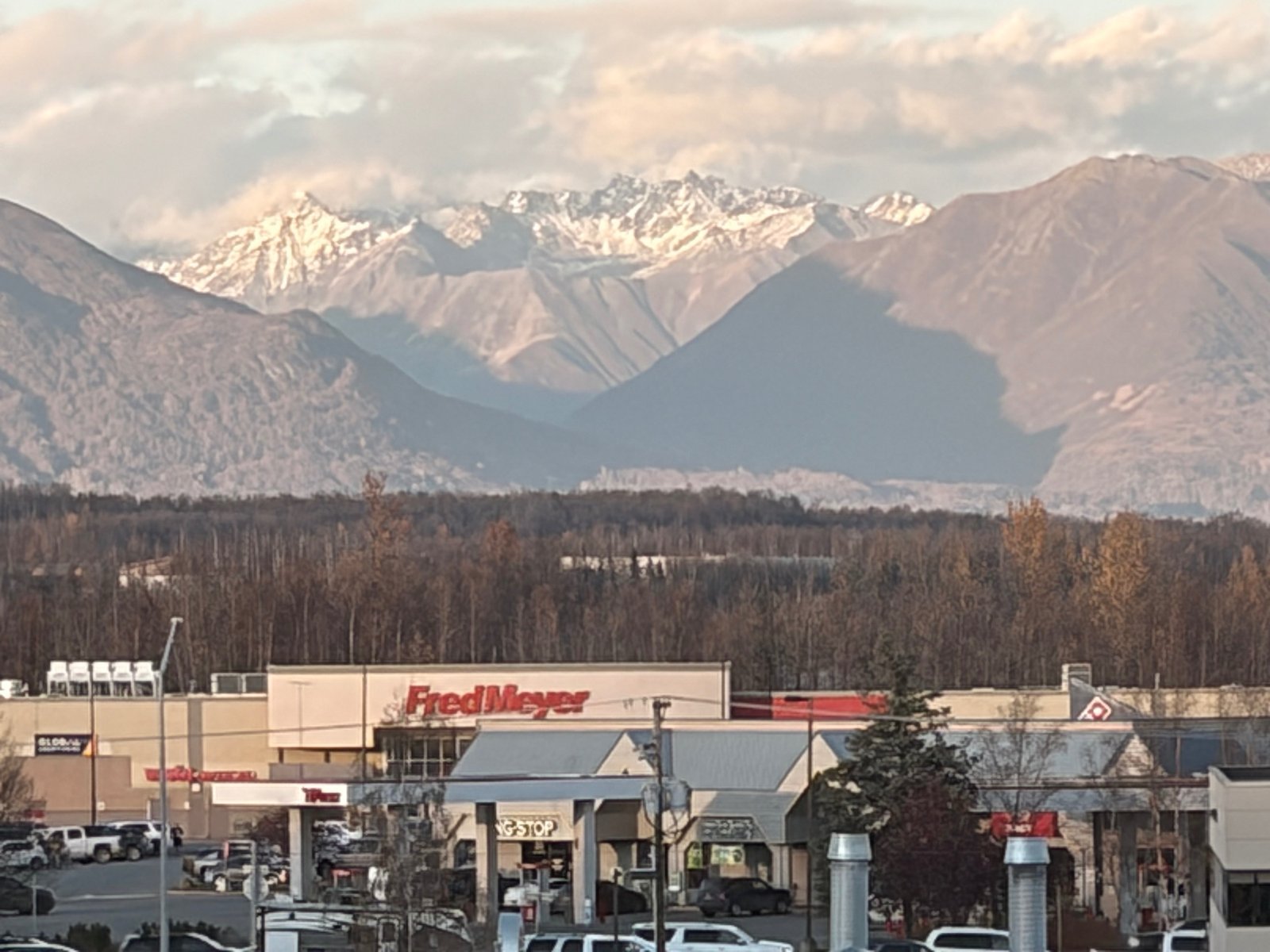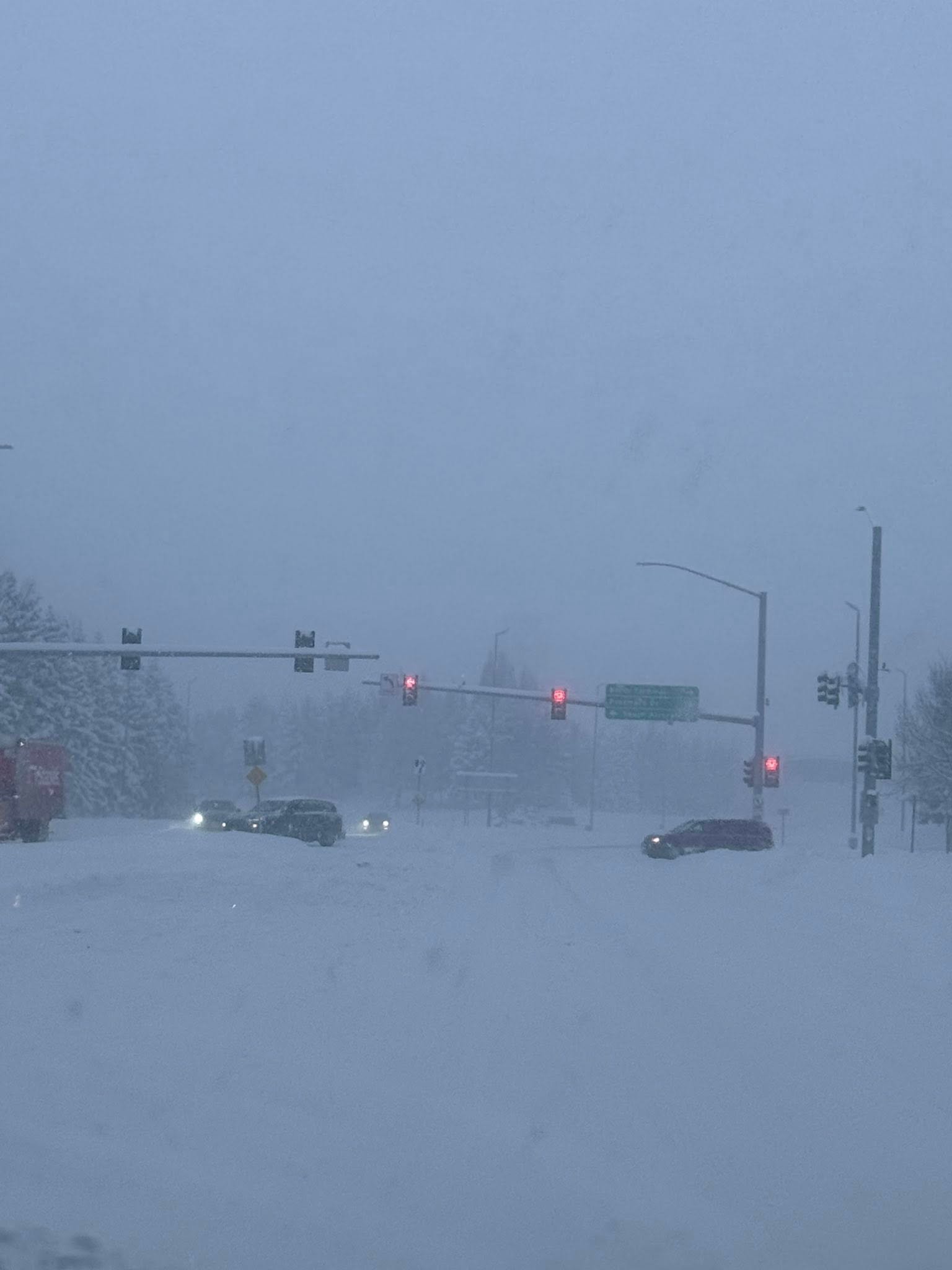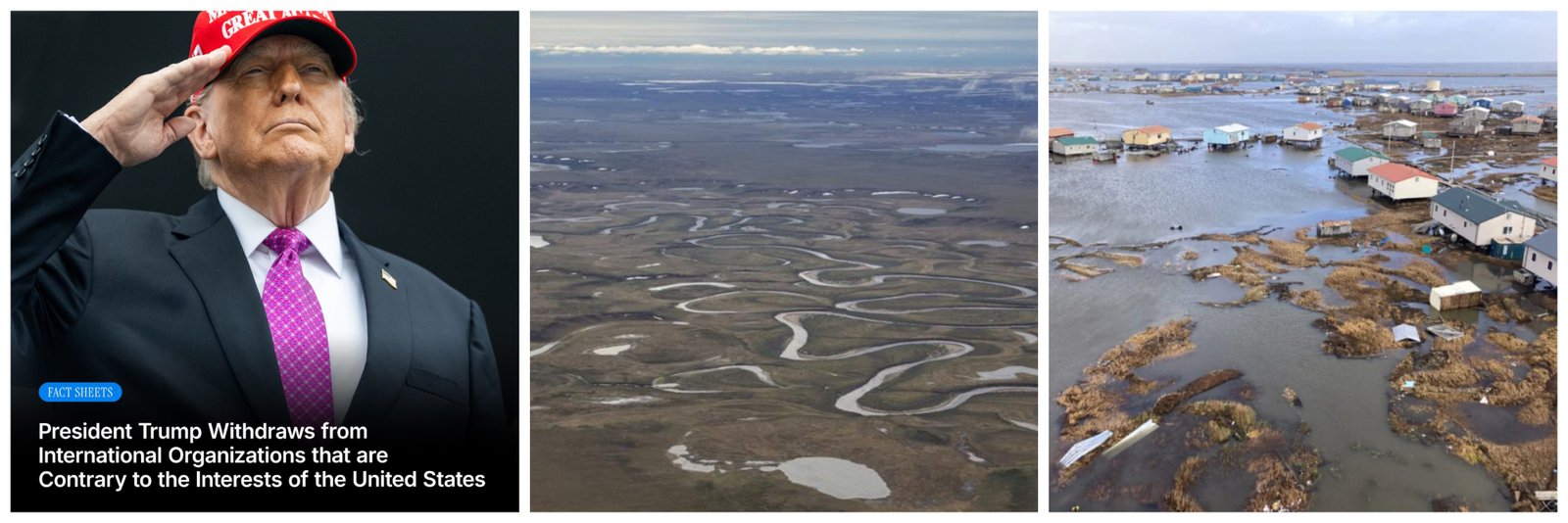Proposal summary: Would the Mat-Su Borough adopt a temporary 7-cent-per-gallon excise tax on motor fuel (gasoline and diesel) to fund road projects and reduce property taxes?
- Duration: Jan 1, 2026 – June 30, 2027 (automatically sunsets)
- Expected annual revenue: ≈ $5 million
- Allocation goal: 50% road projects / 50% property tax relief
- Applies only within the Mat-Su Borough; collected at the distributor level.
- Exempt: aviation, marine, heating, and non-road diesel fuels.
| Arguments in Favor (“Yes” Vote) | Arguments Against (“No” Vote”) |
|---|---|
| 1️⃣ Shares the burden more fairly Non-property owners (commuters, visitors) who use Mat-Su roads would help pay for maintenance instead of relying solely on property taxpayers. | 1️⃣ Regressive impact Fuel taxes hit lower-income residents harder, especially those with long commutes and few alternatives. |
| 2️⃣ Reduces pressure on property taxes Half of revenue would go to lowering property taxes, potentially saving homeowners more than they’d pay at the pump. | 2️⃣ Adds to everyday costs Even 7¢ per gallon adds up for residents driving long distances—possibly $30–$50 per driver per year. |
| 3️⃣ “Pay-as-you-go” vs. more debt Funds road projects directly without borrowing or paying bond interest, saving future costs. | 3️⃣ Not legally binding The advisory vote doesn’t require the Borough Assembly to follow the 50/50 split or enact the tax at all. |
| 4️⃣ Temporary trial period Automatically ends after 18 months, giving residents and officials a chance to review results before re-authorizing. | 4️⃣ Could become permanent Once a new tax is created, critics fear it could be extended or expanded despite the “temporary” label. |
| 5️⃣ Relatively small individual cost Estimated at about $28 per driver per year—much less than a comparable property-tax increase (~$128). | 5️⃣ May not raise as much as projected Fuel use could drop, exemptions shrink the tax base, or distributors could change reporting behavior. |
| 6️⃣ Helps maintain roads Revenue dedicated to voter-approved road projects and maintenance helps address backlogs without new bonds. | 6️⃣ Administrative and compliance costs Tracking exempt fuels and verifying distributor data adds bureaucracy. |
| 7️⃣ Encourages visitors and through-traffic to contribute Some tax revenue would come from out-of-borough drivers buying fuel locally. | 7️⃣ Risk of “double taxation” Drivers already pay state and federal gas taxes; this adds another layer at the local level. |
| 8️⃣ Transparent, limited scope Public open houses and published spending reports are part of the plan. | 8️⃣ Public skepticism Some residents say borough leaders are rushing the process or not listening to feedback. |
🔍 Key Details & Official Sources
- Mat-Su Borough Fuel Excise Tax Proposal page: matsugov.us/fuel-excise-tax-proposal
- Full ballot proposition (Proposition 2 text): matsugov.us/docs/general/24904/Proposition2_Legislation.pdf
- Local coverage and hearings: Mat-Su Sentinel
- Alaska Division of Elections general election info: elections.alaska.gov
🧭 Neutral Summary
Voters are being asked to advise the Mat-Su Borough Assembly on whether to implement a temporary 7-cent fuel tax to fund road maintenance and offset property taxes.
- A “Yes” vote signals support for the tax as a short-term, shared-cost funding tool.
- A “No” vote signals opposition to any new local fuel tax and preference for alternative funding (or spending cuts).
What do you think? Join the conversation in the comments below.




